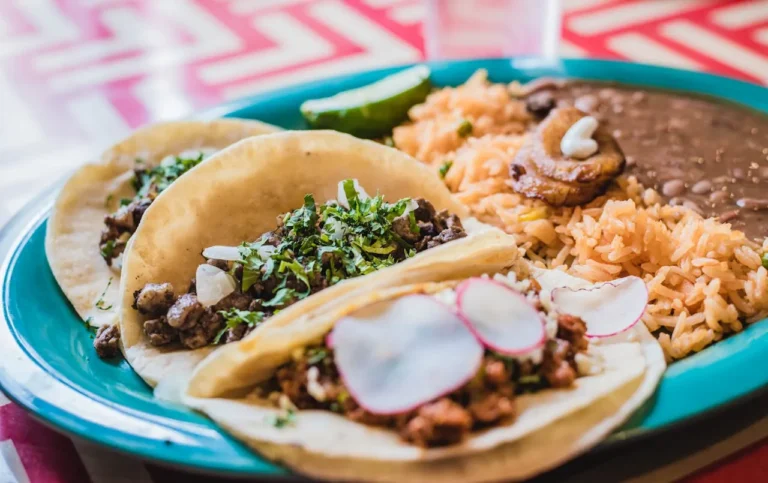
We ’re guarding and regenerating nature to help combat climate change
sets out the way Unilever will take to achieve net zero across our value chain by 2039 and play our part in safely limiting a global temperature rise to1.5 °C. In a series of interviews, we put the limelight on some of the numerous people helping to deliver our action plan and make change be.
Lana Kristanto, Assistant Manager for Sustainable Sourcing at Unilever, explains how our work to produce a deforestation-free force chain,re-establish timber cover and regenerate nature is part of our climate result.
My platoon, grounded substantially in South- East Asia, ensures we reference our win oil painting sustainably, supporting our global commitment to having a deforestation-free force chain for win oil painting, paper and board, tea, soy and cocoa. I support the operation of our geography programmes, oversee compliance and engagement with suppliers and NGO stakeholders, and work with the data from our yearly deforestation monitoring.
One way we ’re supporting nature and people – while working to reduce our climate impact – is by taking part in geography-wide programmes to support sustainable husbandry. We mate with government, farmers, communities and civil society to agree how stylish to develop an area sustainably.
We’ve six win oil painting geography programmes in Indonesia and Malaysia. In Aceh, our cooperation with IDH Sustainable Trade Initiative has helped 500 growers start cooperatives and gain the Roundtable on Sustainable Palm Oil( RSPO) instrument. We ’re also working with the original government and the Leuser Conservation Forum( FKL) to cover and restore timbers in the Leuser Lowlands of Aceh. The Leuser Ecosystem is home to species similar as orangutans, rhinos, sun bears, mammoths and barracuda .
And in neighbouring North Sumatra, working with Conservation International, we’re helping cover 127,000 hectares of timbers, establish an agroforestry plot on preliminarily degraded land and give over 22,000 seedlings and fruit trees to restore the area and induce redundant income for the original communities.
Communities, husbandry and businesses are formerly facing problems that affect from nature loss and climate change, including an increased threat of flooding and food security being undermined. Palm oil painting, for illustration, is a commodity that’s veritably important tied to timber conversion and land rights issues. We see traceability as crucial to relating where these pitfalls lie in our force chains, so they can be addressed.
We ’ve developed a direct sourcing strategy for copping
win oil painting for our North Sumatra processing installation from near independent manufactories. We’re presently working with 12 manufactories, investing in programmes that help them ameliorate their sourcing practices, mapping granges and learning to cover, report and corroborate deforestation in their force base.
It’s vital. We’ve invested a lot in technology to help us ‘ see ’ and understand what’s passing to timbers encyclopedically, including the timbers and peatlands around the critical ‘ first afar ’ from where raw material is grown and where it’s first reused. This allows us to identify issues within our force chain more snappily so we can take visionary measures.
We ’re also working with our suppliers and technology mates, combining our land monitoring and work in traceability to colonies so that when we say we’re sourcing deforestation-free, we can back that up with data.
There’s a growing demand from consumers that products are produced sustainably. Unilever’s Climate & Nature Fund, which has a accreditation to spend€ 1 billion, offers our brands a way to invest in meaningful climate and nature systems this decade. For illustration, in cooperation with the Rimba Collaborative, Dove will help cover and restore 123,000 acres of rainforest in South- East Asia – an area eight times the size of Manhattan – over five times.
Decreasingly, yes. Businesses have a veritably important part in diving climate change. Unilever is piloting tech- grounded results and uniting with others in our participated value chains to make sure we’re playing our part. But I know we also need governments to do further. And that’s why I ’m pleased Unilever is at COP28 and calling for fresh support for nature.
Source Link:https://www.unilever.com/




